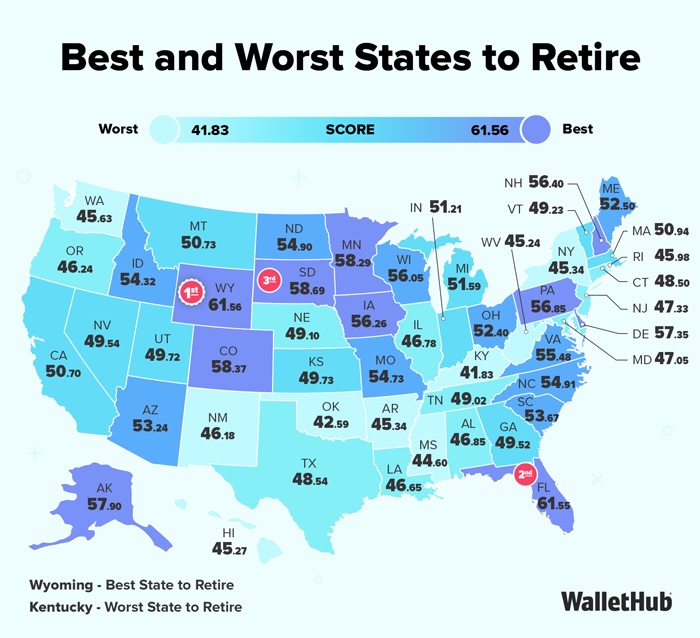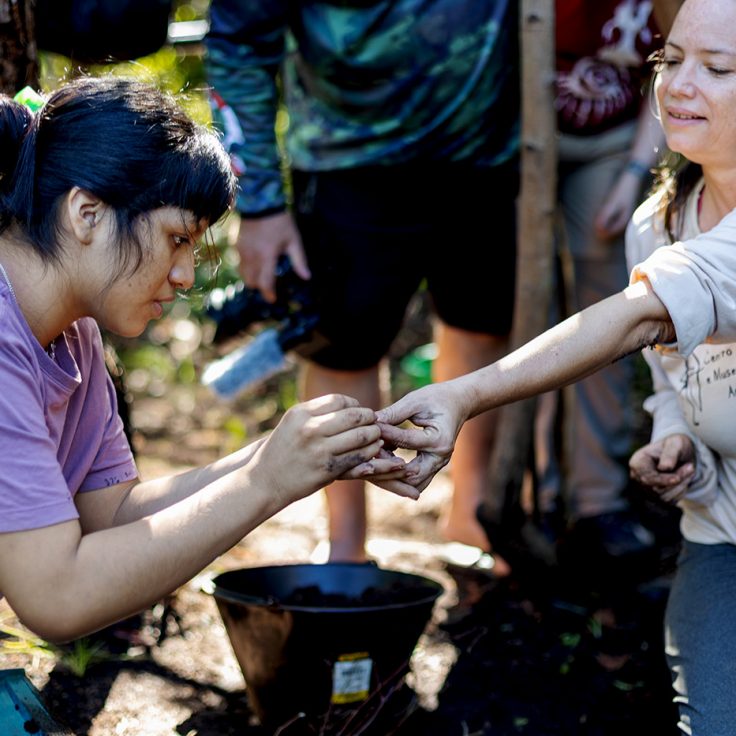CLAS Professors Receive NSF CAREER Awards
Faculty are recognized for exceptional leadership and talent in their fields
From exploring mysterious salty disks surrounding stars to fueling the future design of quantum devices, early career faculty at the University of Florida College of Liberal Arts and Sciences are pushing the boundaries of their fields. Recently, three assistant professors earned prestigious awards from the National Science Foundation’s Faculty Early Career Development Program (CAREER), which identifies the next great leaders and thinkers in research and education.
The CAREER awards support junior faculty “who have the potential to serve as academic role models in research and education and to lead advances in the mission of their department or organization,” according to NSF’s website. Over the next five years, each researcher will receive between $400,000 and $900,000 from the program.
The recipients:
Adam Ginsburg, assistant professor of astronomy, is an expert on massive star and cluster formation. Ginsburg will use the funding to expand his group’s observations of forming stars.
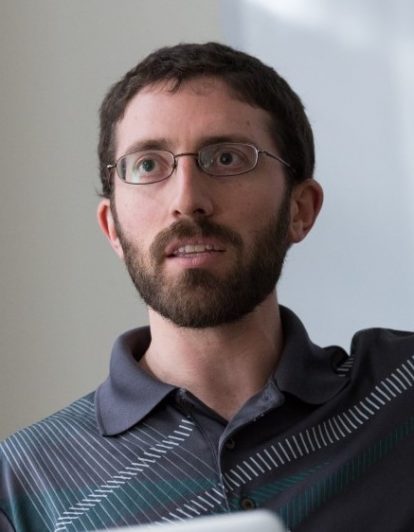
Ginsburg will search for gas that is orbiting massive young stars — those much bigger than our Sun — in dusty disks. These disks are the potential birth sites of planetary systems, providing clues to what our solar system might have looked like when planets were forming. In 2019, while a Jansky Fellow of the National Radio Astronomy Observatory in New Mexico, Ginsburg was part of a team that discovered a salt-encrusted disk surrounding a young star. Although salt has been spotted in the atmospheres of dying stars, this marked the first time it had been observed around young stars in stellar nurseries. Ginsburg was lead author of a paper detailing the discovery in the Astrophysical Journal.
The work on this project inspired Ginsburg’s new award proposal. He looks forward to illuminating the mechanisms involved in the formation of massive stars — a process not completely understood today. His research team will also use novel approaches to measure the masses of young stellar objects, aiming to explain how they develop into massive stars.
Read more about Ginsburg’s research here.
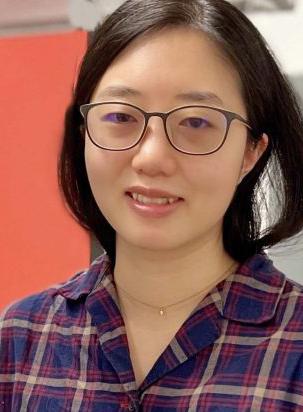
Xiao-Xiao Zhang, assistant professor of physics, will use her CAREER Award to investigate a quasiparticle called an exciton, which is created when light is absorbed by a solid. Her study focuses on the interactions between light and matter in two-dimensional quantum materials and the coupling between electron spin and photons, useful for quantum information processing. According to Zhang, such systems “hold the key to the future design of quantum devices with contact-free, all-optical control and sensing.” Quantum devices, including lasers and computers, have the potential to transform a wide range of industries with powerful and intuitive technological advances.
Alongside her research, Zhang will use the funding to promote the participation of women in STEM. She plans to facilitate a series of career support seminars on campus. She will also organize optics science demonstration stations for display in a local museum to encourage STEM awareness in youth.
Read more about Zhang’s research here.
Dana Bartosova, assistant professor of mathematics, aims to further her study of abstract topological dynamics. Topology, a branch of mathematics where the relationships between shapes are studied, has applications ranging from string theory in physics to differential equations. Bartosova’s research lies at the intersection of a variety of fields, studying the connections between topological dynamics, set theory and model theory — applying logic to the study of structures in mathematics. Bartosova has published several articles on Ramsey theory, a branch of mathematics that explores the degree of order in a substructure that forms within a larger structure.
“The award allows a systematic development of a novel desirable research direction that would be difficult to accomplish during a shorter award time,” she said. “One is not pushed to produce results fast and can focus on the depth of the theory.”
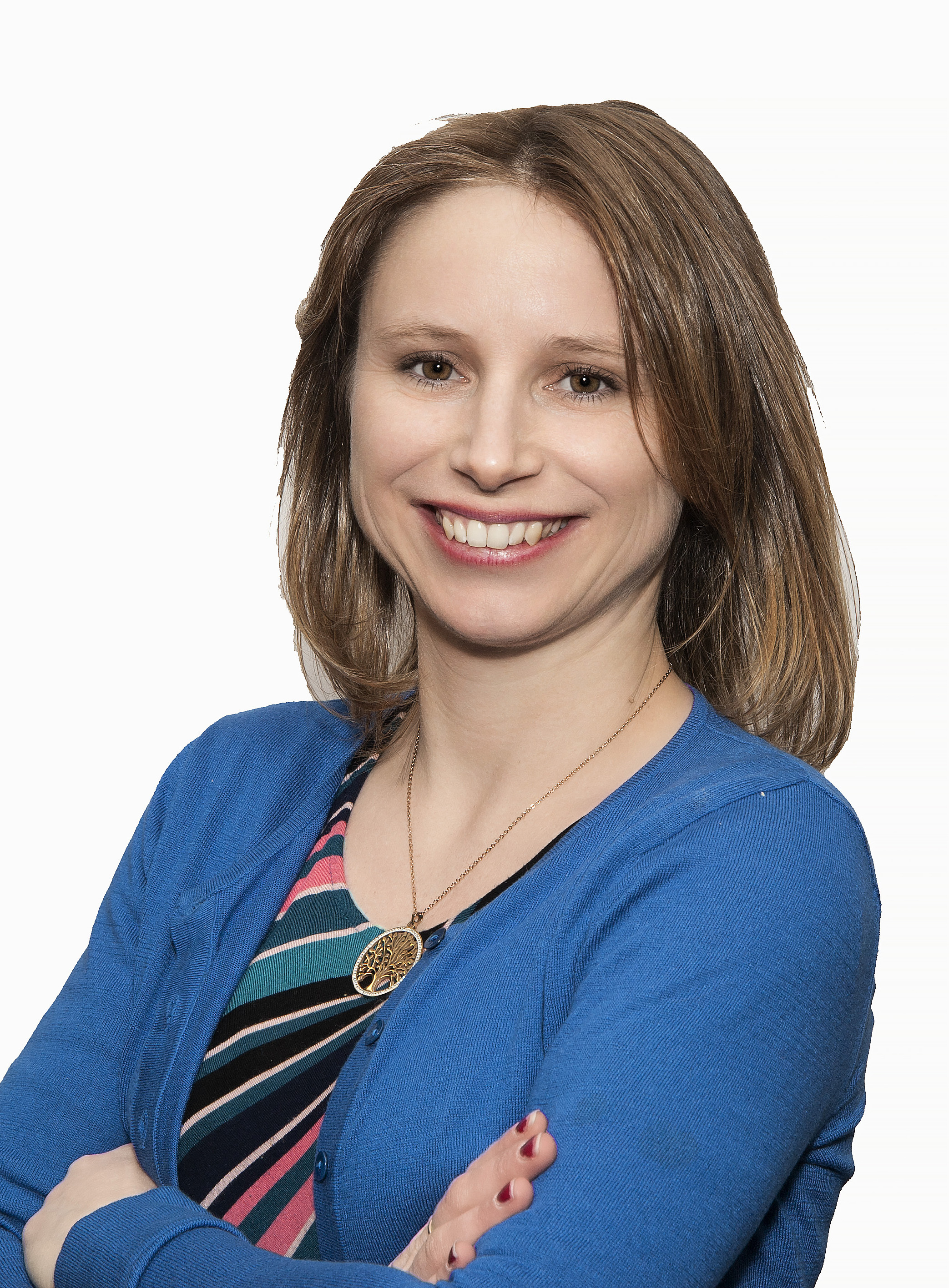
Bartosova is involved as the faculty mentor for the UF chapter of the Association for Women in Mathematics and looks forward to providing ample training opportunities for talented students throughout this project’s duration. The project also includes an expansion of Math Parents Coffee, a community to support parents as they identify and face obstacles in academia.
“Having sat on review panels for these awards, I can attest to the high bar that applicants must clear to be funded. Dr. Bartosova’s proposal represents the highest level of research and outreach in mathematics,” said Professor and Chair of the Department of Mathematics Kevin Knudson.
Read more about Bartosova’s research here.
